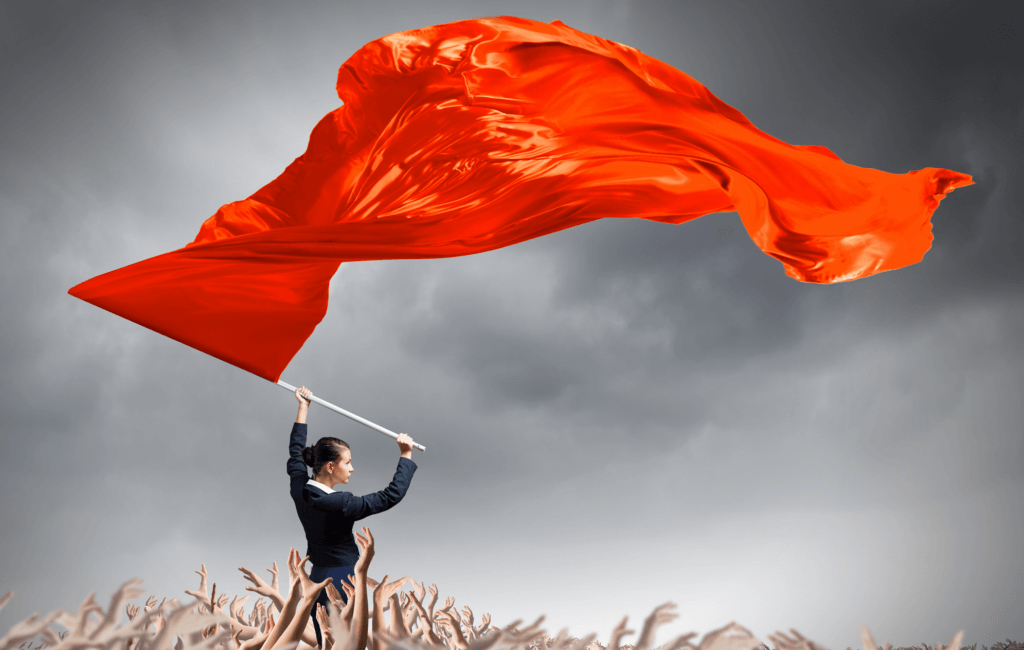
Revolutions are instruments of change. They are often used when an existing leadership refuses to embrace progress. These transformations are fundamental to the growth and evolution of civilization. Learning about revolutions that changed the world can help us appreciate the sacrifices made by our ancestors and encourage us to embark on our own revolutions. These seven revolutions from modern history shaped the world as we know it. (Estimated reading time: 9 minutes)
“The revolution is not an apple that falls when it is ripe. You have to make it fall.”
— Che Guevara
The one thing we can be certain about in life is this: everything changes. Sometimes change happens at a glacial pace, like the movement of continents, and other times it’s instant, like a predator pouncing on its prey.
Sometimes we allow things to unfold naturally, but other times we resist and stick to the old ways of doing things. But resisting change often has dire consequences.
Chinese philosopher Lao Tzu said, “Life is a series of natural and spontaneous changes. Don’t resist them — that only creates sorrow. Let reality be reality. Let the things flow forward in a natural way.”
Revolutions are instruments of change that people use when an existing leadership refuses to embrace progress. If they fail to make reforms to alter structures and policies to combat inequality and oppression, the people need to have their voices heard.
Often, revolutions are abrupt, violent, and reflect on the wrath and frustration of the rebels. The mounting tensions culminate in outbursts that shake the foundations of a country and, sometimes, the whole world.
These transformations are fundamental to the growth and evolution of civilization. Learning about the revolutions that changed the world can help us appreciate the sacrifices made by our ancestors. It also encourages us to embark on our own revolutions that open up possibilities for us.
Understanding revolutions: different types of revolution
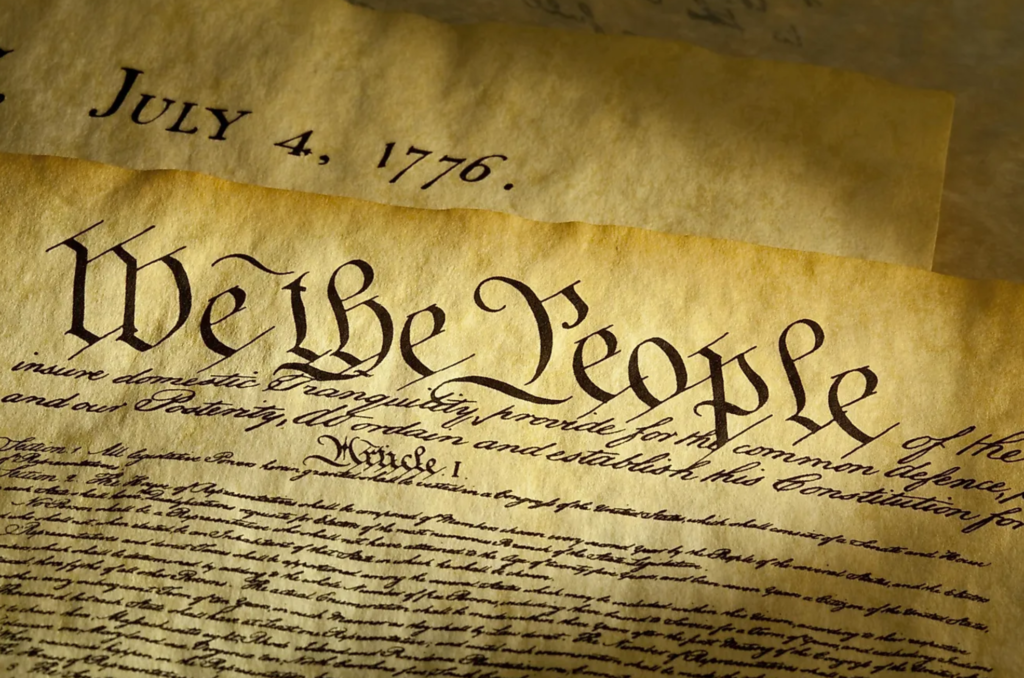
A revolution is a dramatic and far-reaching change in attitudes, conditions, or operations. This does not always pertain to political aspects of a state, combat, or rebellion.
Various social changes can be considered revolutions. Here are the four main types:
1. Revolutionary wars: This kind of revolution involves wars that result in the extrication of the government to either gain the independence of another country or change governing systems. Examples of this include the communist revolution in China.
2. Economic revolutions: Revolutions centered on reforming countries’ economic systems fall into this category. A famous example is the Industrial Revolution, where machines and factories replaced human labor in the production of goods.
3. Government replacement: Not all efforts to overthrow governments happen through warfare. There have been several famous non-violent revolutions, such as Czechoslovakia’s 1989 “Velvet Revolution“, where mass protests helped eradicate communism.
4. Social and cultural revolutions: Many revolutions brought significant social changes but did not involve governing bodies and officials. For example, The Scientific Revolution of the 16th-17th century marked a period of substantial change in science and the authority of religious institutions.
For this article, we’ll be focusing on revolutions that involved either war or non-violent means that resulted in a change in government and the freedom of a nation.
The fight for change: what are the main causes of revolutions
There’s no clear explanation for why people revolt. There isn’t just one, but several contributing factors that lead to a fractured society. The tension simmers for a long period of dissatisfaction, neglect, and grievance before finally boiling over.
Here are three common reasons for a revolutionary movement:
1. Anger at injustice: If a sizable part of the population believes there is unfairness and injustice in their country, they will rebel. An example of this was the Civil Rights Movement when African Americans campaigned for abolishing racial discrimination, segregation, and disenfranchisement.
2. Deprivation due to economic strain: If citizens suffer from poor quality of life due to a perceived decline in income and opportunities, they will voice their frustrations. The French Revolution was borne by widespread public discontent with the French monarchy and the neglect of King Louis XVI.
3. Corrupt governments: When people believe that their rulers are motivated by their own selfish needs and not the welfare of the people, revolutions are likely to happen. The Libyan revolt of 2011 that resulted in the assassination of Muammar Gaddafi, whose government led to the squandering of the national wealth, is an example of this.
This is a simplified take on the underlying forces of a revolution. It’s important to know that it’s often more complex than what we see on the surface when looking at revolutions that changed the world.
Defining revolutions: what are the main characteristics
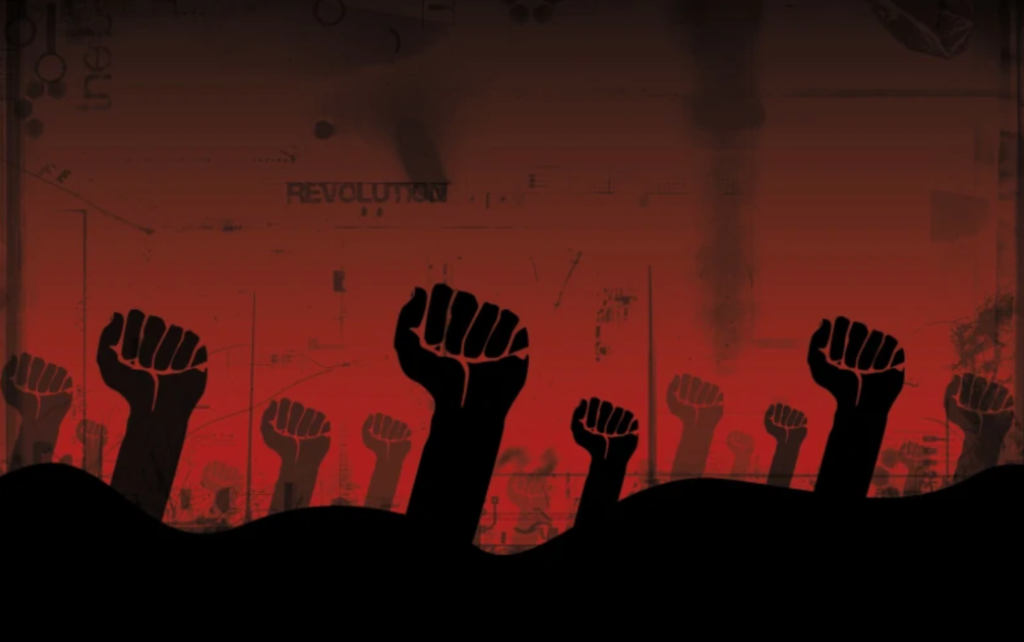
Revolutions represent major turning points in history. These events have impacted the world so significantly that they have spread through the centuries. Revolutions of this magnitude have a few things in common:
1. Motive for change: All revolutionaries want to create a better society. However, their aims and motives can vary. For instance, the Chinese and Russian revolutions not only wanted to replace the political system but create radical social and economic change.
2. Fast-moving: Revolutions happen quickly and usually within a relatively short period. All it takes is a short-term trigger to start a widespread conflict. Changes that would typically take decades occur within a few years because of a revolution.
3. Hope for a better future: Revolutions are fueled by the hope of those who dream of a better and fairer society. They believe that the best way for them to accomplish this is by confronting the current order. Many are willing to sacrifice their lives and security to achieve this aim.
4. Ideologies: Revolutions are about clashes in ideologies between the old order and revolutionaries. For example, in the French revolution, the “divine right of kings” that defined the monarchy clashed with newer, emerging ideas of republicanism and self-governance.
5. Flashpoints: There are critical points when movements come to a head in every revolution. At these junctures, the authority and power of the old regime are challenged, resulting in accelerated change. The showdown between troops on “Bloody Sunday” is an example.
6. Building a new order: After overthrowing the old regime, the revolutionaries must deal with the challenge of implementing a new society and political order. The changes should justify their efforts and fulfill the motives that sparked the revolution.
While all revolutions share these common traits, they are still unique to their times, locations, and circumstances.
The spiritual significance of revolutions: how conflict shapes us
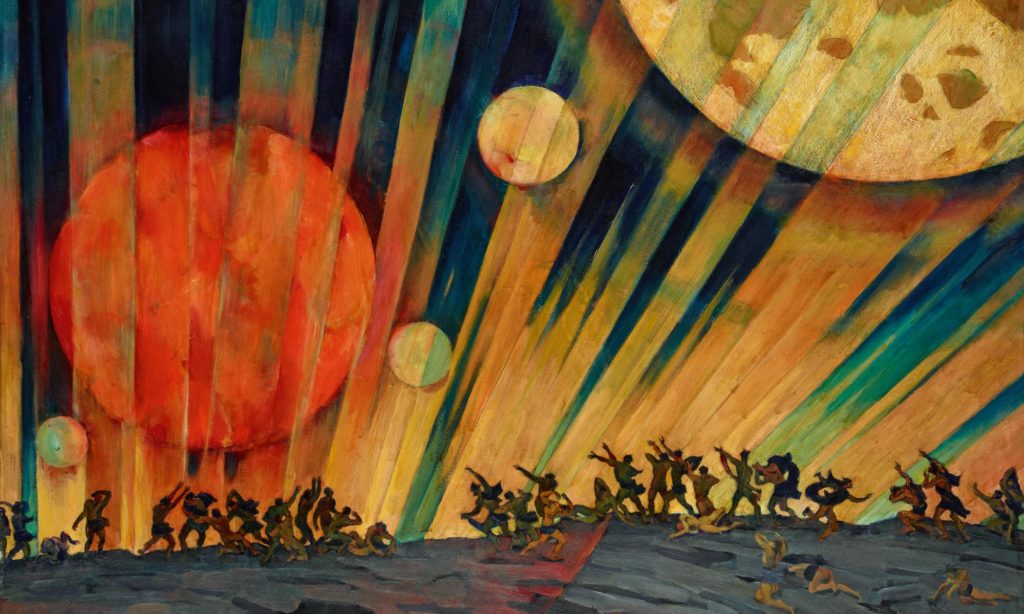
Revolutions bring about radical and transformative change, but they don’t come without sacrifice and struggle. An upheaval almost always entails violence, death, psychological trauma, and shakeups.
However, when we take a big picture perspective, we can see its necessity. These historical milestones have been central to the formation of the modern world and allowed us to leapfrog into the next stage of human evolution.
Revolutions are also significant in our spiritual unfoldment. According to spiritual teacher Michael Beckwith, the Universe is progressive and expanding to reveal its infinite nature. Even when there’s a seeming contraction, there is a progression.
Beckwith says that if we remain who we are now, we experience stagnation. “We grow up in two ways, pain or insight. When we’re not conscious embracing growth and unfoldment, we primarily grow through pain,” he says.
Revolutions are the symbolic efforts we make to stop the stagnation of our collective progress. They are the conduits for a change in consciousness. Old regimes that aren’t serving people are overthrown and rendered obsolete by the masses.
These changes that we see on the outside mirror the changes inside us — as the saying goes, “as above, so below.”
We can use social revolutions as inspiration to incite our personal revolutions by asking: which outdated ways of thinking do we need to end so we can allow newer outlooks to lead to a better version of ourselves?
Historical revolutions: seven revolutions that changed the world
People have rebelled against rulers for centuries. However, the modern era witnessed significant revolutions that became the driving force of social institutions and foreign policy.
So significant were the shifts that the effects crossed continents and eras. Here are revolutions that changed the world according to historians and social theorists:
1. The American Revolution (1776–1783)
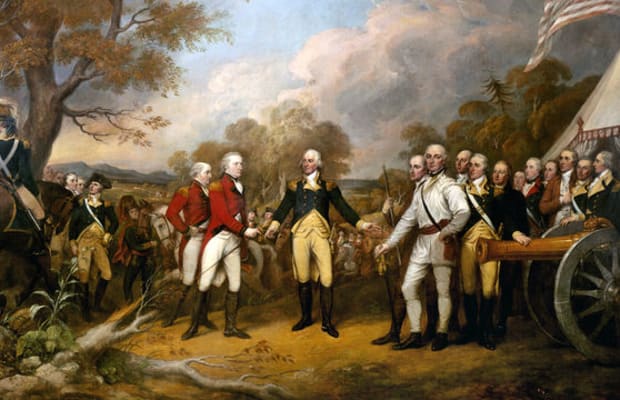
The American Revolution was a monumental political and military struggle where North American colonies rejected British colonial rule and established an independent republic. The protest started in opposition to the imposition of taxes without colonial representation by the parliament and British monarchy. This was followed by many battles fought by colonies to gain their freedom and independence, unifying as the United States. The colonial leaders saw the revolution as a necessary step to establish the country but limited the use of violence.
2. The French Revolution (1788–1799)
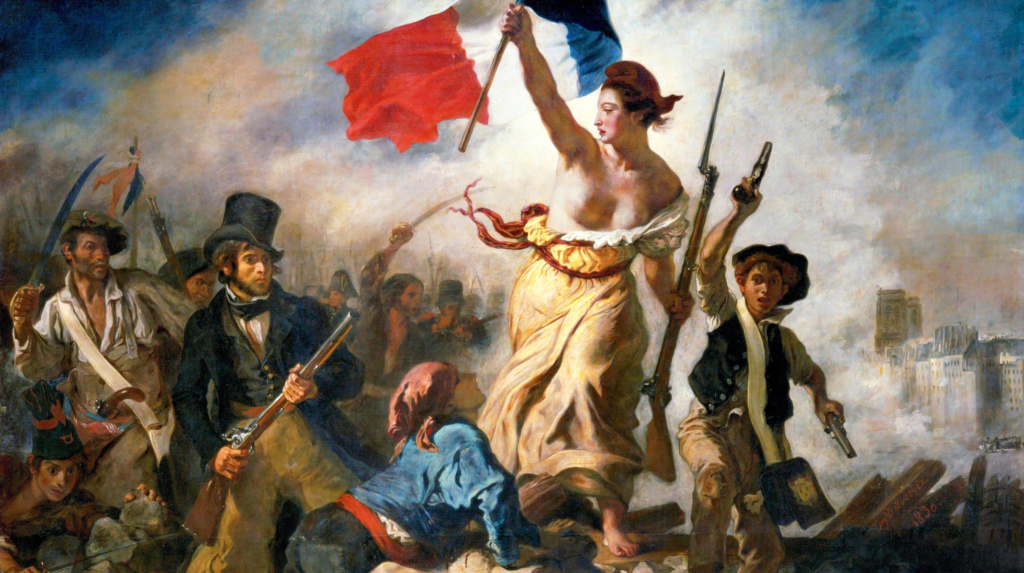
The French Revolution is considered a watershed event in European history that resulted in the establishment of France as a republic. It shaped modern nations by showing the power of the people, and it redefined the role of political power. The upheaval was caused by the widespread discontent with the French monarchy and the economic policies that led to poverty and hunger for its citizens. The revolutions resulted in the violent deaths of tens of thousands of French citizens and the execution of King Louis XVI and his wife, Marie Antoinette.
3. The South African Revolution (1950-1994)
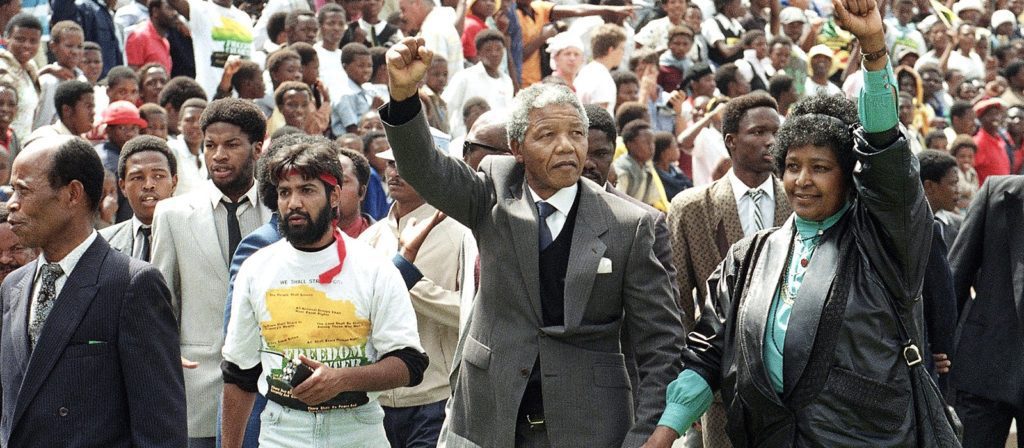
Apartheid was a regime that upheld segregationist policies against non-white citizens of South Africa. After many years of legalized, brutal racial segregation that resulted in widespread poverty, disease, and malnutrition among the discriminated, South Africans engaged in a peaceful revolution to end it. When Nelson Mandela was released from prison and won a free and fair election, he negotiated the end of Apartheid, brought peace to a racially divided nation, and became a spokesperson for human rights worldwide.
4. The Russian Revolution (1917-1923)
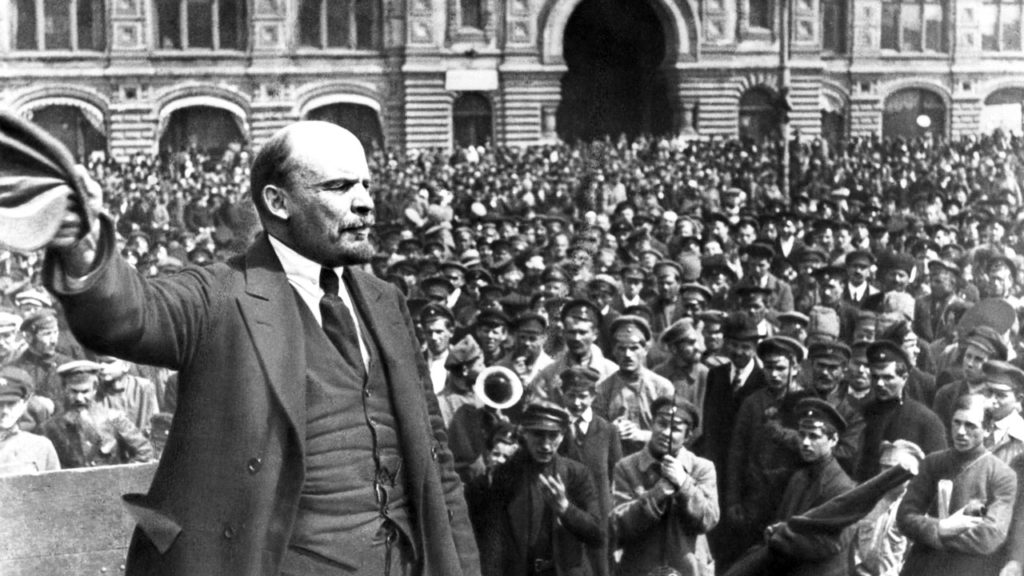
The Russian Revolution was a tumultuous period of political and social upheaval during the final phases of World War I that transformed the Russian Empire into the USSR. It paved the way for communism as an influential political system in the world and the rise of the Soviet Union as a global power. Like the French Revolution, the revolutionaries fought to remove the monarchy and Russian Imperial rule. Led by Vladimir Lenin, the communist party restructured civil society, adopted a socialist form of government, and established the world’s first communist state.
5. The Chinese Revolution (1911-1912)
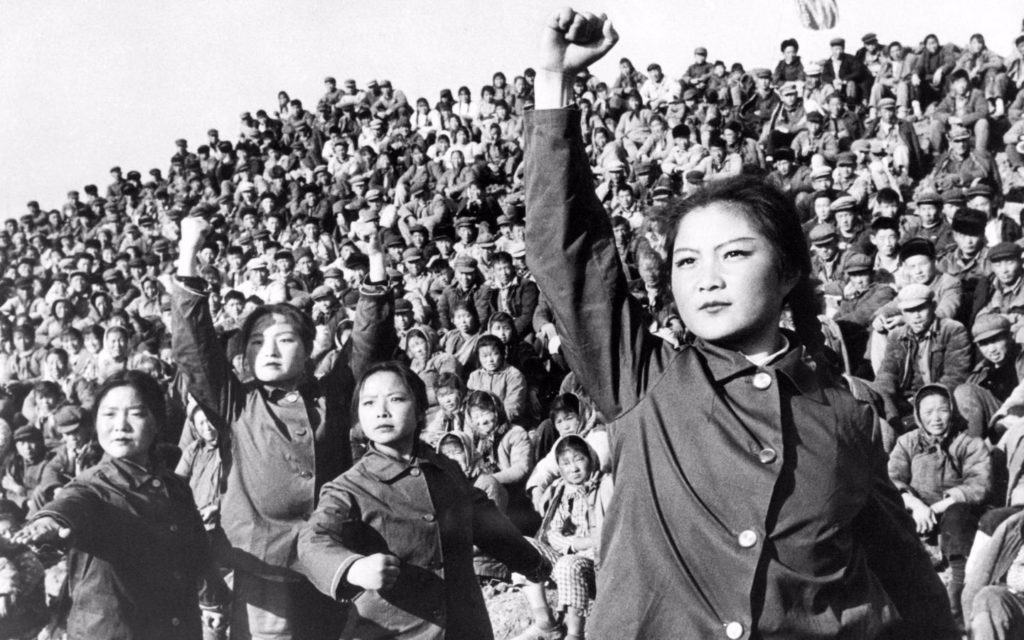
The 1911 Chinese Revolution was a nationalist democratic revolt that ended the Qing Dynasty, China’s last imperial dynasty. It resulted in the establishment of the Republic of China and was preceded by a decade of uprising, revolt, and agitation. The revolution was significant because it ended over 2000 years of imperial rule in China and paved the way for the Chinese communist revolution, which took place later in 1949 under the direction of Mao Zedong.
6. The Indian Revolution (1857-1947)
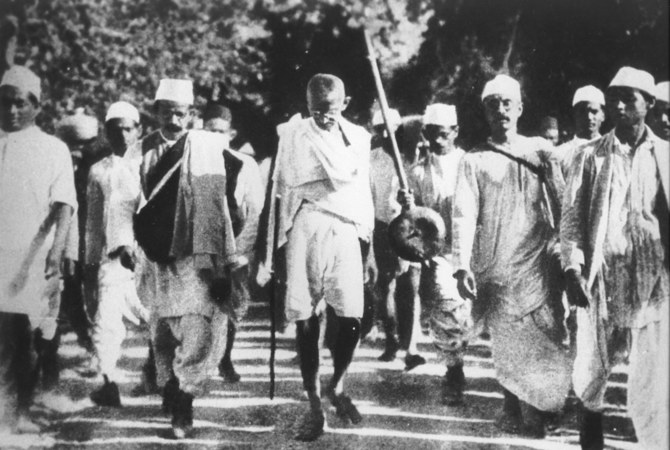
The Indian Independence movement involved a series of revolts until its independence from the British Raj in 1947. The early stages of the movement began when sepoys under the employ of the British East India Company and the remaining independent Indian kingdoms rebelled against the British but were ultimately defeated. The last stages of the revolution were spearheaded by leaders like Mahatma Gandhi and intellectuals like Rabindranath Tagore. They directed the non-cooperation, civil disobedience, Salt Satyagraha, and the Quit India movements. Gandhi’s non-violent approach to securing India’s freedom inspired the world.
7. The Arab Spring (2010-2012)
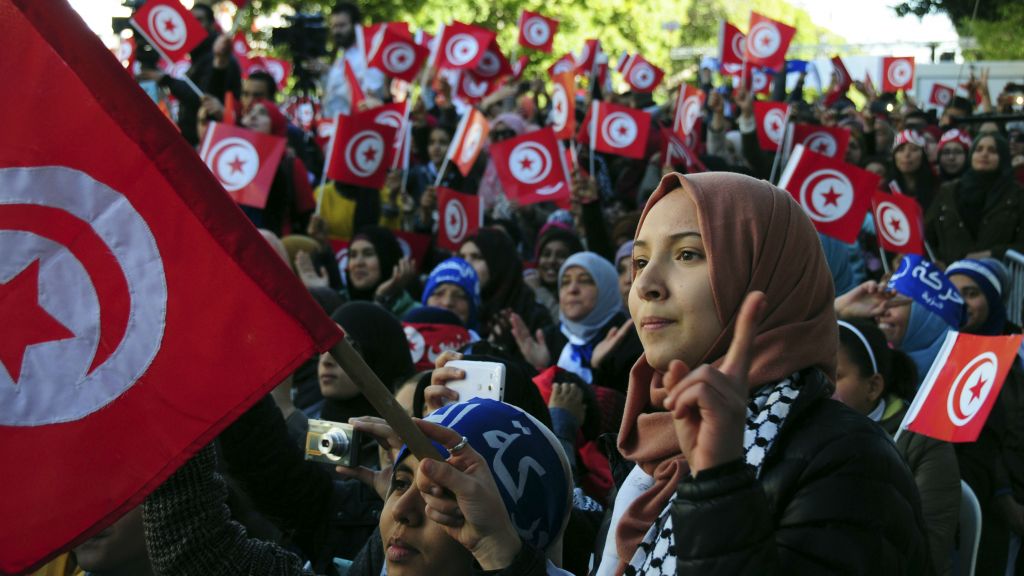
The Arab Spring was a series of pro-democracy protests, uprisings, and armed rebellions in North Africa and the Middle East. The revolts began in Egypt and Tunisia, where protests ended their countries’ regimes and inspired similar attempts in other Arab countries. The uprisings were mainly in response to economic stagnation and corruption of leaders and governments. The social and political impact of the Arab Spring is significant to this day because it demonstrated the power of the will of the people.
Revolutions are an expression of our need for progress. As a species, we instinctively know progress is only possible when we can live where we have freedom, rights, and liberties that support our growth. In these fertile soils, we can flourish and prosper as nations and as individuals.
All my best on your journey,
Seline

Question for you: Which revolutions that changed the world fascinate you the most, and why?
Did you like this post? Sign up below, and I’ll send you more awesome posts like this every week.

Have Your Say